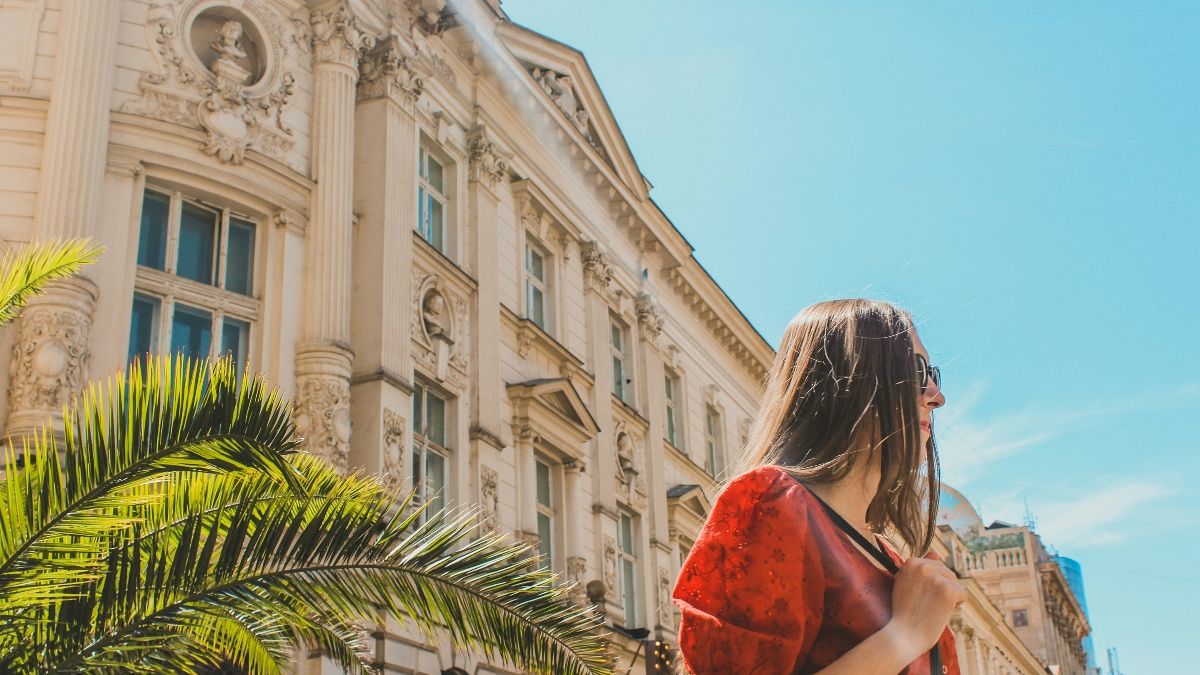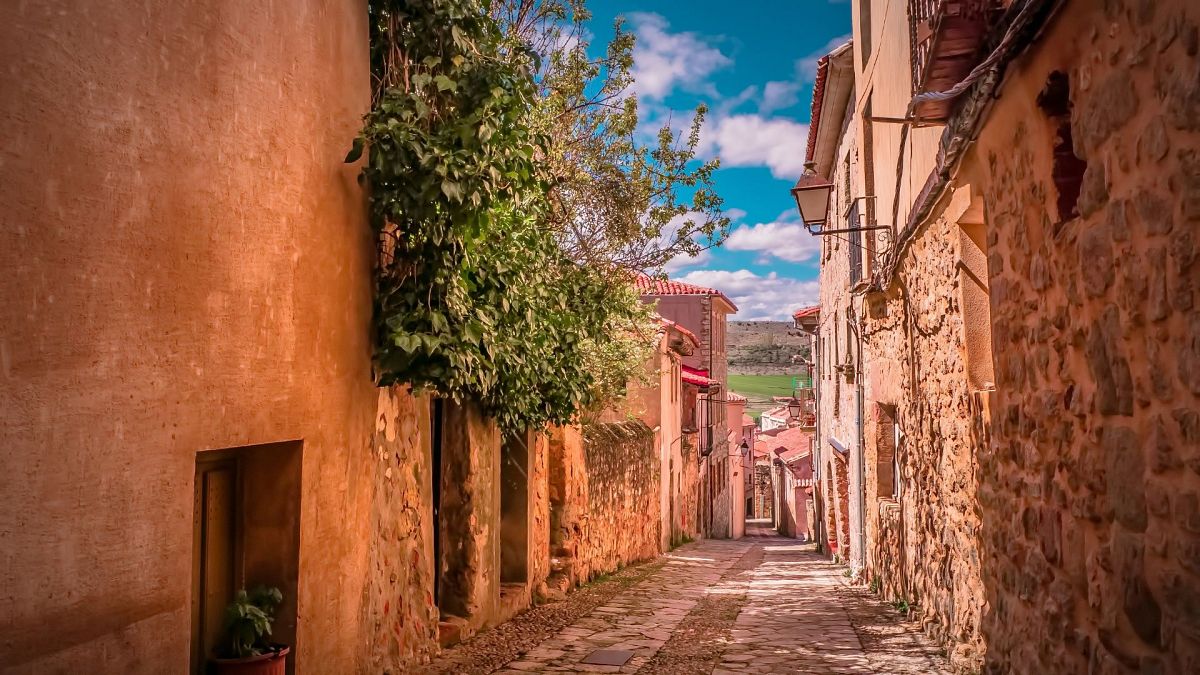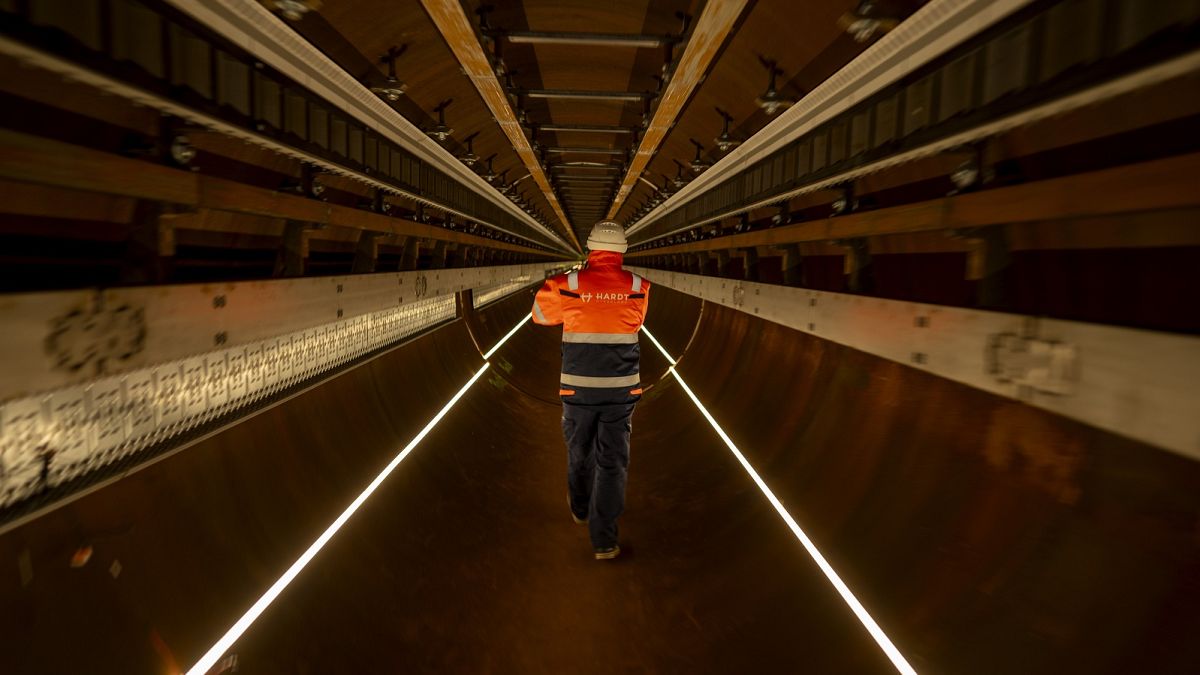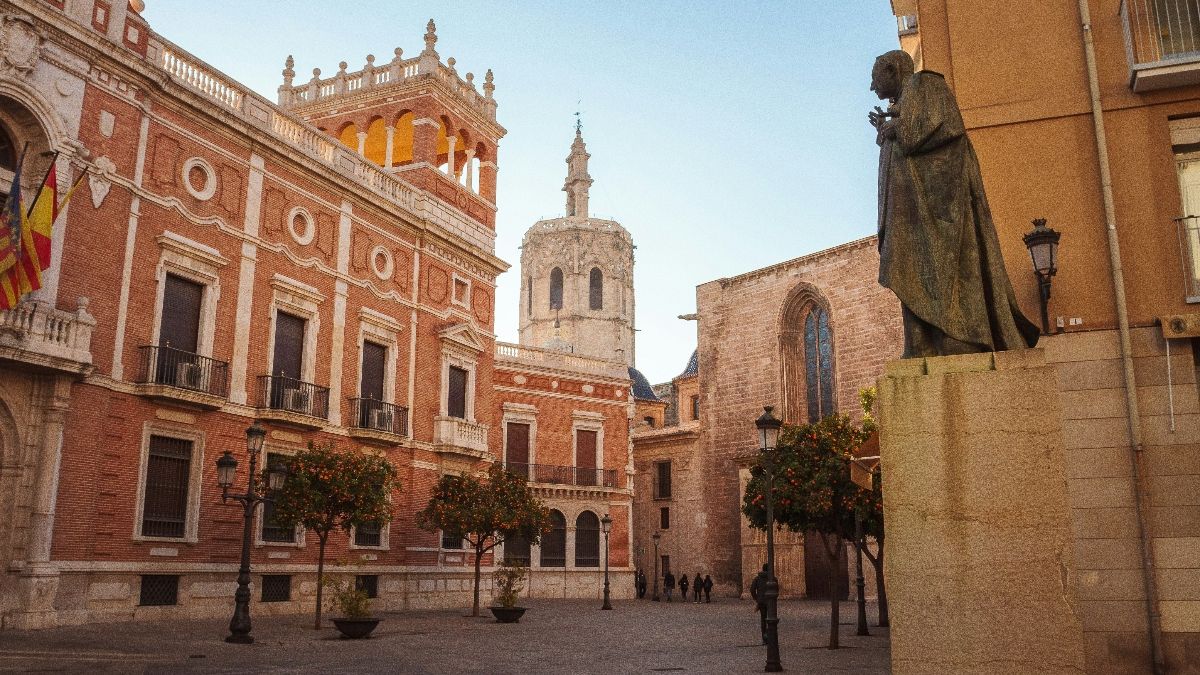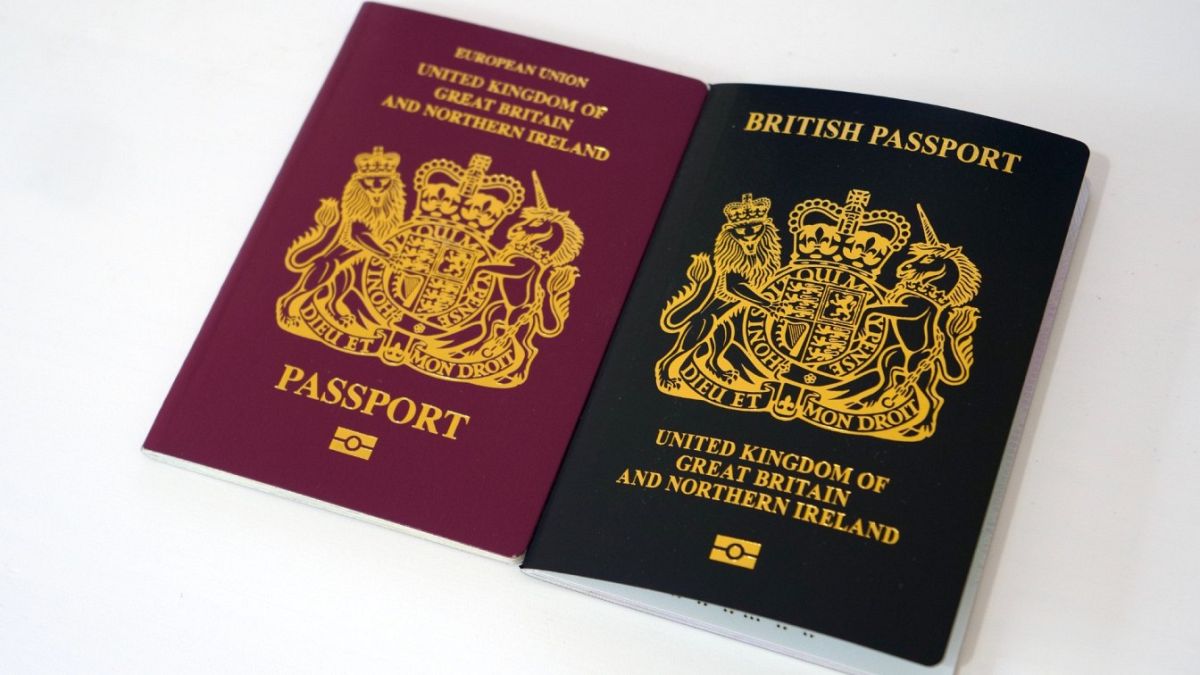Here are the best things to do in Zurich, Europe’s most liveable city
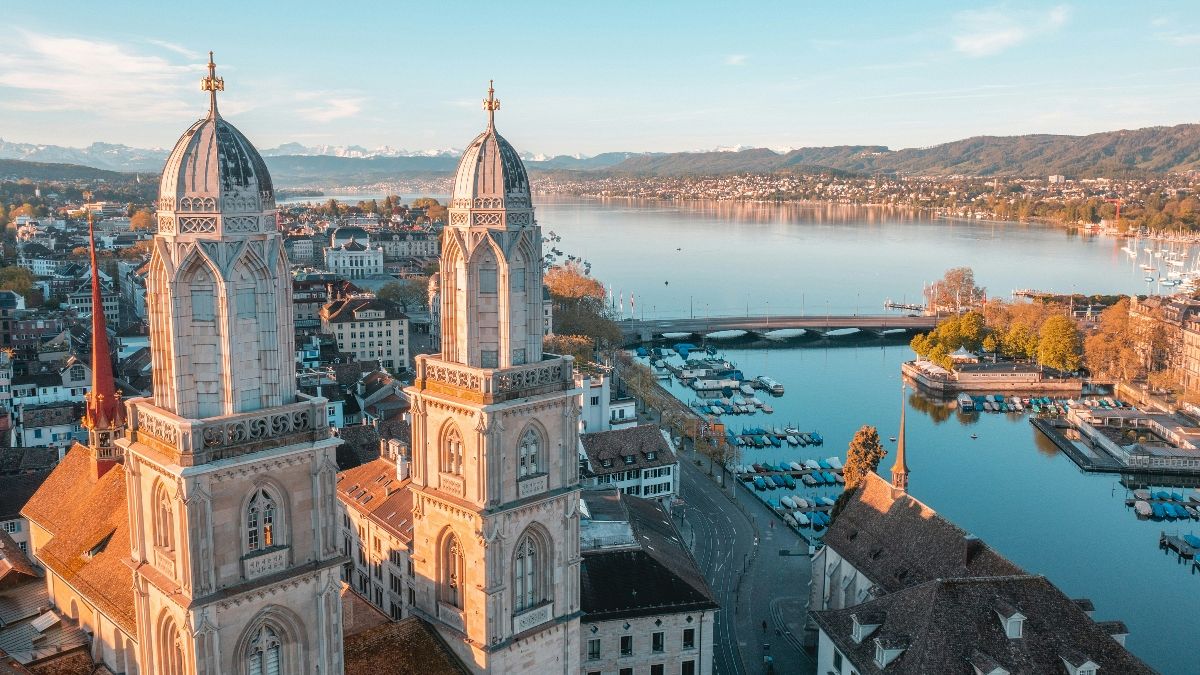
Even if moving to Zurich is not for you, the Swiss city is still well worth a trip.
For those with a close eye on Europe’s best cities, it will come as little surprise that Zurich has come out on top on the latest ranking of the continent’s most liveable places.
Switzerland’s largest city beat out everywhere else in Europe in the recently-released quality of life report from the European Commission.
The body’s survey took in answers from some 71,153 residents from 83 cities across the EU, European Free Trade Association (EFTA) countries, the United Kingdom, the Western Balkans and Turkey.
While the findings, which used data from 2023, discovered that, on average, about 9 in 10 people are satisfied with living in their city in Europe, Zurich managed to pip the rest to the top post.
The majority of residents of the Swiss city are happy with their jobs, public transport, healthcare services, air quality and their financial situations… we could go on. It also offers the best quality of life for older people and the LGBTQ+ community in all of Europe.
The only thing they found to be disagreeable was affordable housing prices, with just 11 per cent of people agreeing it’s easy to find quality housing at a reasonable price.
That being said, Zurich is still well worth a visit as a tourist, even if you’re not planning to move there any time soon. Here’s our guide to getting the most out of a trip to this ever-popular city.
Here’s how to plan ahead for the best experience in Zurich
Before setting off for a break in Zurich, keep in mind that it is a relatively small city and, as such, can be explored in a matter of hours or days, depending on how much time you have.
Thanks to its privileged position in the north of Switzerland, it can also act as a gateway to much of the rest of the country, especially with the famously excellent transport links at your fingertips.
Due to the fairly diminutive size of Zurich, you’ll want to book your accommodation in advance – especially during peak tourist season, which typically runs from July to August and then November to December.
If you want to stay in the middle of the action, you could do worse than to plumb for the vibrant neighbourhoods of Kreis 4 or 5, otherwise known as Aussersihl and Industriequartier.
Both offer a true Swiss experience, with an edge. Expect to find a diverse food scene, street art and hopping bars as well as sleek hotels.
Whether you’re on a budget or not keen to stay in bustling places, though, it’s perfectly possible to stay a little further out and not miss out.
You can opt for lodgings south of the city on the banks of Lake Zurich or head north in the direction of Oerlikon. Both options tend to be more budget-friendly and peaceful than the centre.
Switzerland is well known for its world class public transport and Zurich’s system is no exception, with either of these destinations 30 minutes or less by efficient public transport to the city centre.
How to get around the city affordably and conveniently
If you’re starting your journey to Zurich from the European mainland, you might want to consider making the trip via train. From many major cities, the journey doesn’t take a great deal longer overall than flying, it’s more sustainable – and you’ll be able to take in some stunning landscapes along the route.
If you are flying into Zurich airport, though, the train is still your friend, as it’s the easiest and cheapest way to get to the city centre.
You can either purchase a ticket at the airport’s train station or via the SBB mobile app.
Day and week passes are also available, meaning you can hop on and off as many times you like across Zurich’s network of trains, trams and buses.
There is one thing to always keep in mind wherever you are in Switzerland: timekeeping is everything.
Zurich’s public transport runs, for the vast majority of departures, precisely on time. If a tram says it’s leaving at 1100, it will run exactly on the dot of the hour, not a minute earlier or later. Plan ahead to avoid getting caught out and missing appointments you’ve made in the city.
Top things not to miss out on during a visit to Zurich
Zurich’s Kunsthaus gallery is the biggest in terms of area in all of Switzerland and is home to some of the most important collections in the whole country.
Joining the likes of Van Gogh, Chagall and Monet are several rooms dedicated to the iconic Swiss artist and sculptor Alberto Giacometti. The Kunsthaus offers a rolling roster of temporary exhibitions, but the permanent collection can be visited for free every Wednesday.
To immerse yourself in the history of the city, it’s worth taking a stroll through the Niederdorf and Oberdorf area, which boasts charming old buildings and narrow streets which date back centuries.
Avoid tourist traps like overpriced fondue restaurants and souvenir shops and, instead, make a beeline for the many cosy bars and quirky shops on offer.
Here, you’ll also find Cabaret Voltaire, home to rotating art installations and Café duDA and the birthplace of the world-famous Dada art movement.
If you like your history older, don’t miss a trip to the Grossmünster cathedral. This iconic twin-towered Romanesque building once paid host to 1500s religious reformer Huldrych Zwingli and his preachings.
If you’re not afraid of heights, you can also climb up one of the two towers for unrivalled views of the city below.
Visiting from the late spring means you’re also able to take advantage of some of the cleanest water in all of Europe for a refreshing swim.
In the north of Zurich, you’ll find the River Limmat’s Oberer Letten riverside bath. One of the few places you can take a dip in the city centre, the 400-metre-long stretch offers a 2-metre-high diving platform and is a popular meeting place for local swimmers.
There’s also a pool for those keen to paddle as well as a sun terrace, boules pitch and two beach volleyball courts.
What’s a visit to Switzerland without a chocolatey experience?
If you can extend your stay in Zurich and have yet to sample any of the city’s chocolatey delights, all is not lost.
Hop on a swift train ride south from Enge station in the city centre and you’ll arrive in Kilchberg, on the banks of Lake Zurich.
Here, you’ll discover the Lindt Home of Chocolate, a museum dedicated to one of Switzerland’s most famous exports.
The interactive, multimedia exhibition guides visitors through seven different chocolate worlds – which all appeal to each of the senses.
You’ll make the journey from the history of chocolate to the modern method of cultivating cocoa with tastings of the top-quality Swiss chocolate along the way.
A show production factory puts on display the latest automation technologies for those intrigued but, for those more interested in the chocolate itself, there is also the largest Lindt chocolate shop in the world as well as a cafe with a view of a 9-metre high chocolate fountain. Delicious!
Source: Euro News






